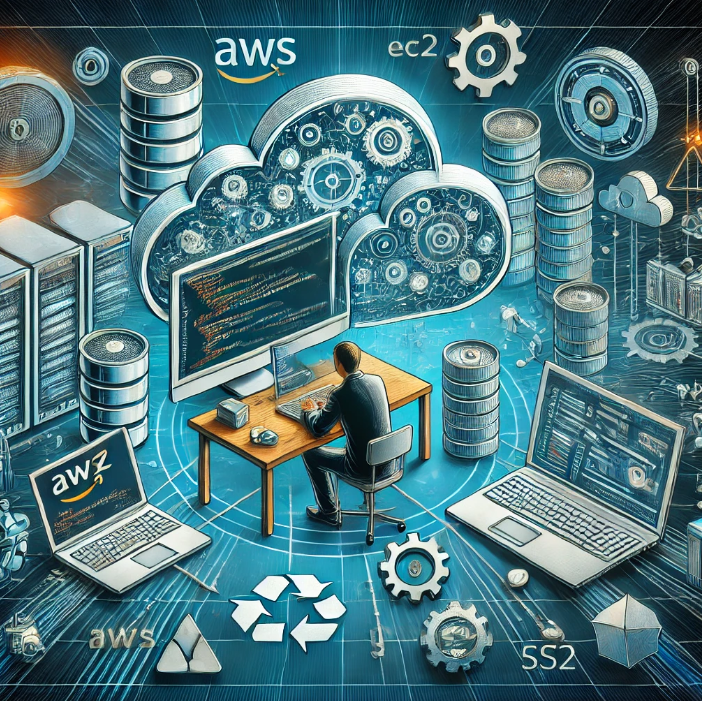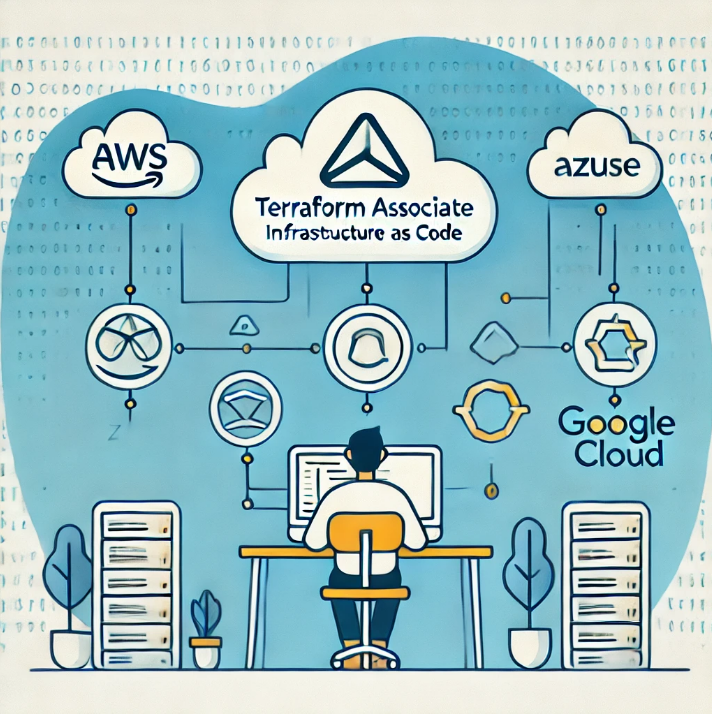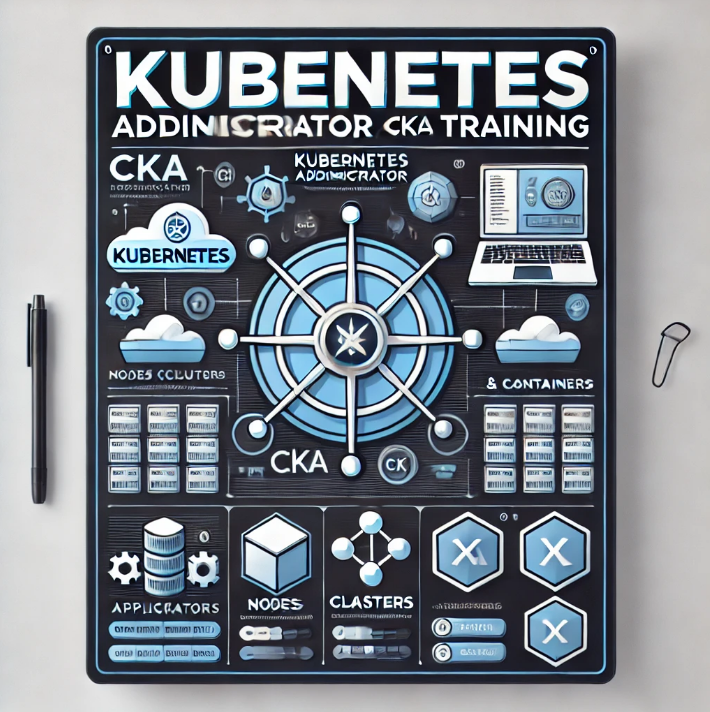Ethical Hacking Course
Thu, 10 Oct 2024

Follow the stories of academics and their research expeditions

As cloud computing continues to reshape the way businesses operate, the demand for skilled DevOps engineers has soared. AWS DevOps Engineer Training is designed to help you learn to manage DevOps processes on Amazon Web Services (AWS), one of the most widely used cloud platforms. Whether you're an IT professional looking to enhance your career or a developer seeking to streamline software delivery, this training will equip you with the tools and knowledge to excel in cloud-based DevOps practices.
The AWS DevOps Engineer Training is a comprehensive program that teaches advanced DevOps practices within the AWS ecosystem. The course covers critical areas such as infrastructure automation, continuous integration, continuous delivery (CI/CD), security, and high availability. It is also an essential stepping stone for individuals preparing for the AWS Certified DevOps Engineer – Professional exam, a certification highly valued in the industry.
Amazon Web Services provides tools and services tailored for DevOps practices, enabling organizations to build, deploy, and manage applications more efficiently. By mastering AWS DevOps, professionals can deliver better results by automating tasks, improving scalability, and reducing time to market.
The course curriculum is designed to be thorough, covering all aspects of DevOps practices on AWS. Here's what you can expect:
1. Introduction to DevOps on AWS
This module provides a foundation in DevOps principles and explains how AWS supports these practices. You'll learn about the key AWS services used in DevOps, such as AWS CodePipeline, AWS CodeBuild, and AWS CodeDeploy, and how they facilitate CI/CD processes.
2. Infrastructure as Code (IaC)
Automation is at the heart of DevOps, and this module focuses on Infrastructure as Code (IaC). Using tools like AWS CloudFormation and AWS OpsWorks, you'll learn to automate infrastructure provisioning and management, reducing manual effort and improving consistency.
3. Continuous Integration and Continuous Delivery (CI/CD)
CI/CD is a core practice in DevOps, ensuring that code changes are automatically tested, integrated, and deployed. This module teaches you how to implement CI/CD pipelines using AWS CodePipeline, along with integrating testing tools to ensure that deployments are seamless and error-free.
4. Monitoring and Logging
Keeping applications healthy and performing well is crucial. With tools like Amazon CloudWatch and AWS X-Ray, you’ll learn how to monitor performance, track logs, and troubleshoot issues in real time. This module focuses on proactive monitoring and performance tuning.
5. Security Automation
Security is a major concern in cloud computing. This module covers AWS security best practices and governance frameworks. You’ll learn to automate security tasks, manage compliance, and implement robust security measures in your DevOps workflows.
6. Application Performance Management
Managing application performance is key to ensuring a smooth user experience. In this section, you’ll learn how to monitor and improve application performance, using tools that provide deep insights into application behaviour and bottlenecks.
7. Microservices and Containers
Microservices architecture allows for scalable, flexible applications, while containers simplify deployment. You’ll gain hands-on experience in managing containers using Amazon ECS (Elastic Container Service) and Amazon EKS (Elastic Kubernetes Service), and learn how to design, deploy, and manage microservices-based applications on AWS.
8. High Availability and Scalability
In this module, you'll explore strategies for ensuring that your applications remain highly available and scalable. You'll learn how to implement load balancing, auto-scaling, and disaster recovery solutions that keep applications running smoothly, even during traffic spikes or system failures.
9. Disaster Recovery and Backup
Ensuring business continuity in the face of unexpected failures is critical. This section teaches you how to implement disaster recovery and backup strategies using AWS tools like Amazon S3, Amazon RDS, and AWS Backup to protect data and restore systems quickly.
10. Exam Preparation
The final module focuses on preparing you for the AWS Certified DevOps Engineer – Professional exam. You’ll review all key topics, take practice tests, and get tips on how to succeed in the certification exam.
While the training is comprehensive, some basic knowledge is required to get the most out of the course. Here are the recommended prerequisites:
- Basic understanding of AWS services
- Familiarity with DevOps principles and practices
- Experience with system administration or software development
By the end of the AWS DevOps Engineer Training, you will:
1. Implement and manage CI/CD pipelines on AWS
2. Automate infrastructure using Infrastructure as Code (IaC) tools like AWS CloudFormation
3. Monitor, log, and troubleshoot applications using AWS CloudWatch and X-Ray
4. Design and manage microservices using containers
5. Ensure high availability, scalability, and disaster recovery for applications
6. Apply security and compliance best practices to DevOps workflows
This training is ideal for a wide range of IT professionals, including:
1. DevOps Engineers who want to enhance their AWS skills
2. System Administrators looking to transition into DevOps roles
3. Cloud Engineers who want to manage DevOps practices on AWS
4. Software Developers aiming to improve their CI/CD capabilities
5. IT Professionals preparing for the AWS Certified DevOps Engineer – Professional certification
The certification exam is the ultimate goal for many participants in the course. Here are the key details:
- Exam Format: Multiple-choice and multiple-select questions
- Number of Questions: 75
- Duration: 180 minutes
-Passing Score: Varies based on scaled scoring
- Target Audience: IT professionals responsible for implementing DevOps practices on AWS
By completing this training, you position yourself for career growth in one of the fastest-growing fields. Here’s why you should consider enrolling:
- Industry Recognition: Earning the AWS Certified DevOps Engineer – Professional certification validates your skills, making you a sought-after candidate in the job market.
- Enhanced Skills: You'll master the latest tools and techniques to manage DevOps workflows in an AWS environment, making you more efficient and effective in your role.
- Higher Earnings: DevOps professionals are among the highest-paid IT workers. With the right certification, you can significantly boost your earning potential.
- Career Flexibility: The skills you gain can be applied to various roles, from cloud engineering to system administration, making you more versatile.
The AWS DevOps Engineer Training is a crucial step for anyone looking to excel in cloud-based DevOps practices. Whether you're new to DevOps or an experienced professional, this course offers valuable insights, hands-on experience, and a pathway to certification. By mastering the tools and practices covered in the training, you’ll be ready to implement scalable, secure, and high-performing applications on AWS, positioning yourself for success in the dynamic world of cloud computing.
Take the next step in your career and enroll in AWS DevOps Engineer Training today!
Thu, 10 Oct 2024

Sun, 22 Sep 2024

Sat, 21 Sep 2024
